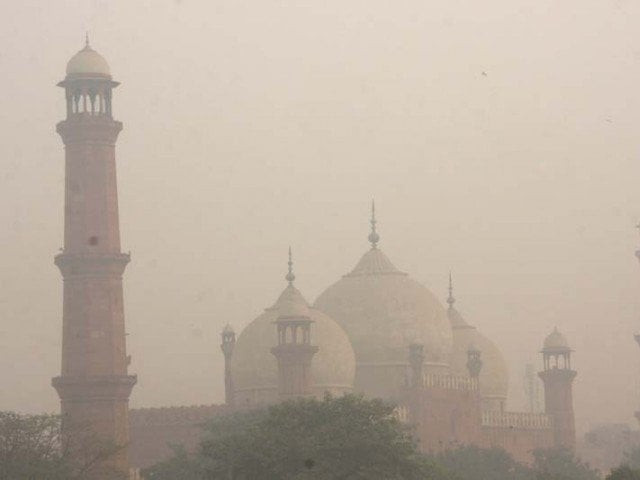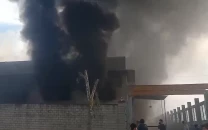Deadline set for kilns to install zig-zag systems
Comprehensive anti-smog drive to be launched in Pindi

With just a month to go until smog season starts, the district administration has told brick kilns to convert their chimneys to the environmentally-friendly zig-zag technology before the end of the month. Failure to do so could see the kilns sealed.
The warning was issued on Friday by Rawalpindi Additional Deputy Commissioner Zaheer Anwar Jappa while addressing a meeting to review arrangements of government agencies to control smog. Every year, between October to January, dense smog along with fog not only hampers visibility on roads and highways but also impairs breathing as air quality plummets.
This year, Japp said, it has been decided that an effective awareness campaign will be launched along with a smog prevention drive to control air pollution which impacts a large swathe of central Pakistan.
The additional deputy commissioner directed the district environment department to inspect all factories, brick kilns and other elements in the district which contribute to the smog. The department was told to ensure that units located in the district do not become a source for pollutants.
The traffic police were also directed to take legal action against all such vehicles which are found emitting excessive smoke due to poor engine condition or lack of vehicular fitness.
During the meeting, the environmental department said that the government has set a deadline of September 30 for brick kilns to transfer to the emissions and energy-efficient zig-zag technology. With brick kilns amongst the single largest contributors to the poor air quality of the twin cities of Islamabad and Rawalpindi, the adoption of the technology will greatly help reduce emissions not just during the smog season but around the year.
Further, officials from the Rawalpindi traffic police said that they have launched a crackdown on heavy smoke-emitting vehicles, including all those rickshaws which are still using two-stroke engines, which are inefficient and emit a lot of smoke.
The additional deputy commissioner directed the agriculture deputy director to work on creating awareness amongst farmers in the district and convince them not to set fire to crop residues, paddy husks, straw etc. anywhere in the district as it causes severe air pollution.
Furthermore, he said that the smoke produced by this annual traditional ritual is harmful to human health.
Published in The Express Tribune, September 19th, 2020.



















COMMENTS
Comments are moderated and generally will be posted if they are on-topic and not abusive.
For more information, please see our Comments FAQ